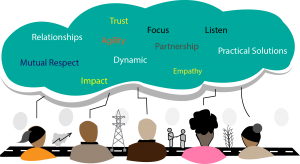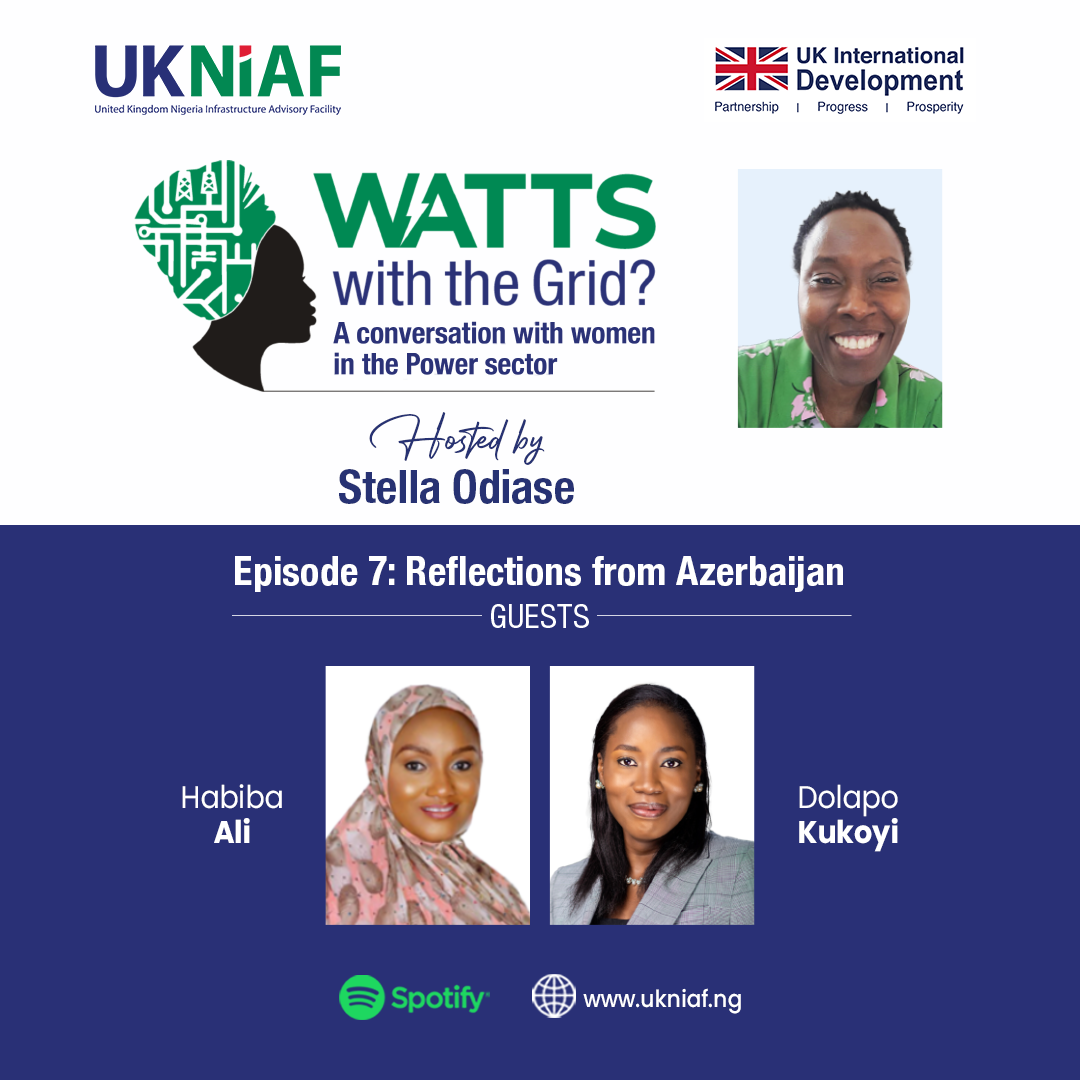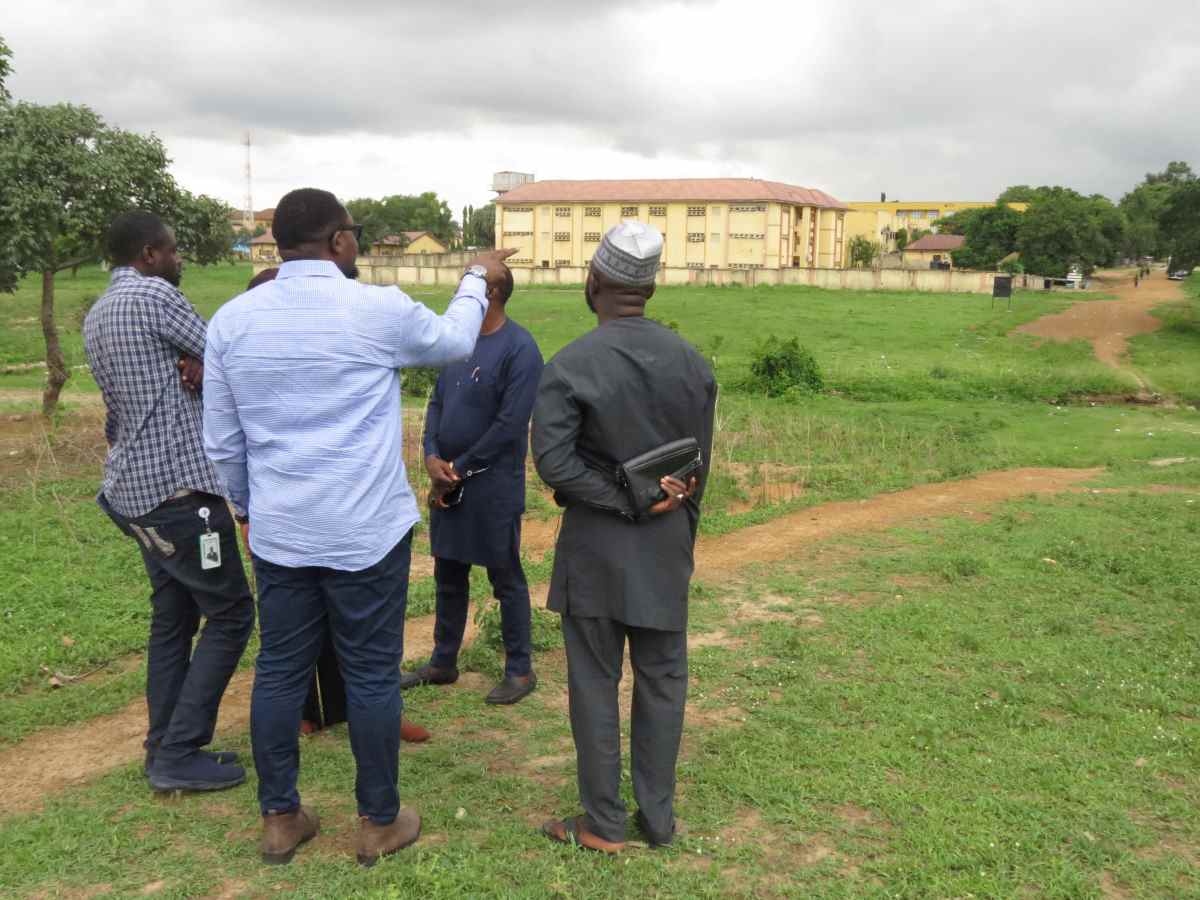UKNIAF’s first Lunch and Learn session focused on the programme’s high-level engagement; the strategy behind it, the need for it and some important points for future engagements. Our approach to high level engagements includes valuing strategic relationships, managing the political economy and ensuring clarity of purpose.
Nigeria is and has always been considered a strategic partner of the United Kingdom. With Brexit however, success of interventions will not only be determined by achievement of development objectives but also on how UK investments are facilitated in Nigeria. As a result, design of interventions has to be done with much more rigour and with the added focus of mutual prosperity.
Strategic Relationships
UKNIAF’s Strategic Relationships are maintained with two institutions. At the highest level the programme has strategic relationships with the donor, the UK Government’s Foreign, Commonwealth and Development Office in Nigeria (FCDO), and with the Federal Government of Nigeria (FGN), as the beneficiaries of the programme.
 A central task of the programme is to help the federal government understand how UK government donor support is provided, and the stricter accountability measures which are in place partially as a result of Covid-19, Brexit and changing outcome priorities. Similarly, the programme also has the responsibility to provide insight and information on the changing context in Nigeria. As a result, aside from maintaining independent strategic relations with both the stakeholders and working towards the achievement of logframe targets, the programme facilitates ongoing discussions between them, ensuring that task order delivery satisfies requirements and fosters understanding on both sides.
A central task of the programme is to help the federal government understand how UK government donor support is provided, and the stricter accountability measures which are in place partially as a result of Covid-19, Brexit and changing outcome priorities. Similarly, the programme also has the responsibility to provide insight and information on the changing context in Nigeria. As a result, aside from maintaining independent strategic relations with both the stakeholders and working towards the achievement of logframe targets, the programme facilitates ongoing discussions between them, ensuring that task order delivery satisfies requirements and fosters understanding on both sides.
UKNIAF’s High-Level Engagement- Lessons Learned
At another level, we also maintain intentional Strategic Relationships with Development Finance Institutions (DFI), such as the World Bank, African Development Bank, etc. These relationships lead to joint collaborative efforts that allow partners to leverage off existing work and information for mutual progress. For example, the Siemens’ deal on power where joint government engagement provides more leverage to push power sector reforms. Collaborative efforts such as these also assist in ensuring that donors and programmes are not at cross purposes or duplicating efforts but rather complement each other.
Finally, we maintain our strategic approach by building relationships with private sector institutions such as Nigeria Sovereign Investment Authority, CDC, Private Investment Development Group, Actis, InfraCredit, etc. With our understanding of the post-Brexit UK economy, UKNIAF brokers relationships with stakeholders like these which will add value to the FGN’s infrastructure development trajectory.
The programme engages with the same stakeholders regarding Political Economy Management in the UKNIAF context at three distinct times:
- At inception phase, while seeking to build the right foundation for the programme’s future, we built strategic relationships at the highest levels of government and with FCDO.
- Post inception we use the same approach to establish strategic relationships to inform programme direction. This helped situate the programme within the UK government’s new post-Brexit approach as well as within FGN’s Economic Sustainability Plan and Presidential Power Sector Working Group.
- During the ongoing implementation phase at a component level. The programme continues to build strategic relationships with both Ministry, Department and Agency (MDA) leadership as well as structures surrounding the leadership to mitigate risk and ensure ongoing implementation.
Clarity of Purpose
Clarity of Purpose for UKNIAF helps remove ambiguity and minimise reputational risk. It helps to define: who we are as a programme and what we are able to do for our clients – within the boundaries of the logframe and FCDO strategy. It also speaks to how we select intervention pathways – which includes a cross-cutting approach for gender and social inclusion, poverty reduction and climate resilience and why our approach is impactful and sustainable.
The following are some lessons learnt from UKNIAF’s Component Leads on building and maintaining strategic relationships:
- mutual respect which can be nurtured through empathy. It is important to show that there is an understanding of what the issues are and how these are perceived by partner institutions through genuine engagement. Mutual respect also includes maintaining a willingness to work with other stakeholders to identify realistic, practical solutions rather than offering ready-made narrow solutions.
- understanding the broader picture as well as the perculiar needs of different groups of strategic partners. Listening to and understanding these different groups’ needs helps facilitate strengthening of strategic relationships.
- adaptability coupled with speed is of the essence. As requests for support are made by MDAs, it is important to respond as quickly as possible given the political environment and sometimes short-lived opportunities to support reform. This is the kind of speed the earlier iteration of the programme was known for.
- building strategic relationships at the MDA levels requires FCDO key advisers as part of the conversations and task order development process. This achieves three things:
- provides a clearer understanding of the political, cultural and environmental constraints MDAs work with.
- minimises mismatch of what needs to be done to support MDAs.
- provides a good understanding of the FCDO Advisers’ context and their operational constraints
- trust is needed to build relationships. Building trust also includes having adequate and timely information and expertise required by the MDAs.
- building symbiotic relationships with other programmes is important as it can result in collaborative efforts that will lead to greater impacts in key sectors (i.e. healthcare and overall support to economic sustainability plan).
- remain dynamic within the changing context while maintaining focus on delivering transformative impact and ensuring sustainability.














